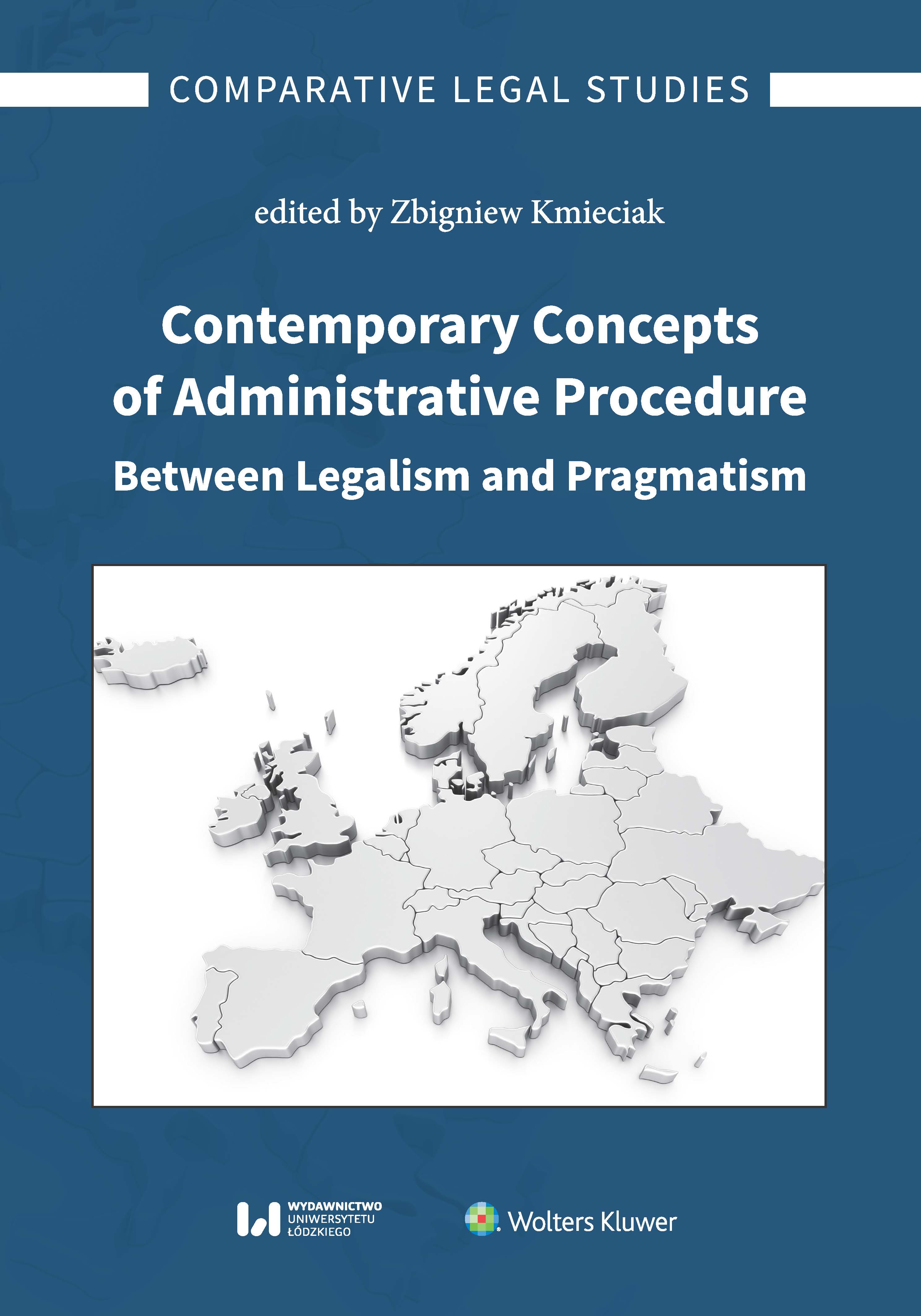Towards a Contemporary Understanding of Administrative Procedure
Towards a Contemporary Understanding of Administrative Procedure
Author(s): Javier Barnes
Subject(s): Economy, Law, Constitution, Jurisprudence, Public Administration, Public Law, Administrative Law
Published by: Wydawnictwo Uniwersytetu Łódzkiego
Keywords: administrative procedure; administrative procedure acts
Summary/Abstract: The bulk of official legal decisions are made not by judges, nor by legislature, but by public administrations. Behind these decisions are administrative procedures, understood as the rules governing the process of decision-making: from administrative sanctions, to public procurement, from ministerial regulations supplementing a statute, to urban planning developing and designing the land use. “Administrative procedure” ultimately refers to a how governmental organizations actually conduct business and manage responsibilities. Today there are a bewilderingly large and diverse number of administrative procedures. Whilst the first general administrative procedure acts (APAs) focused on the so-called “administrative act” (typically a unilateral decision made by public bodies), their reach progressively broadened as the responsibilities of the executive branch and public administrations grew. APAs branched out to deal with other legal acts, such as rules and regulations, agreements under public law, guidelines and administrative guidance, as well as setting general principles to which administrative activities would be subject. The different models on which most administrative procedures are based differ deeply from each other and require a different legal approach regarding their basic elements: from the main types of administrative procedure to their general procedural principles; from infringement sanctions of procedural rules to judicial review, and so forth. A contemporary theory of administrative procedure – and an updated APA – will thus have to assume a broader concept.
Book: Contemporary Concepts of Administrative Procedure. Between Legalism and Pragmatism
- Page Range: 21-40
- Page Count: 20
- Publication Year: 2023
- Language: English
- Content File-PDF

